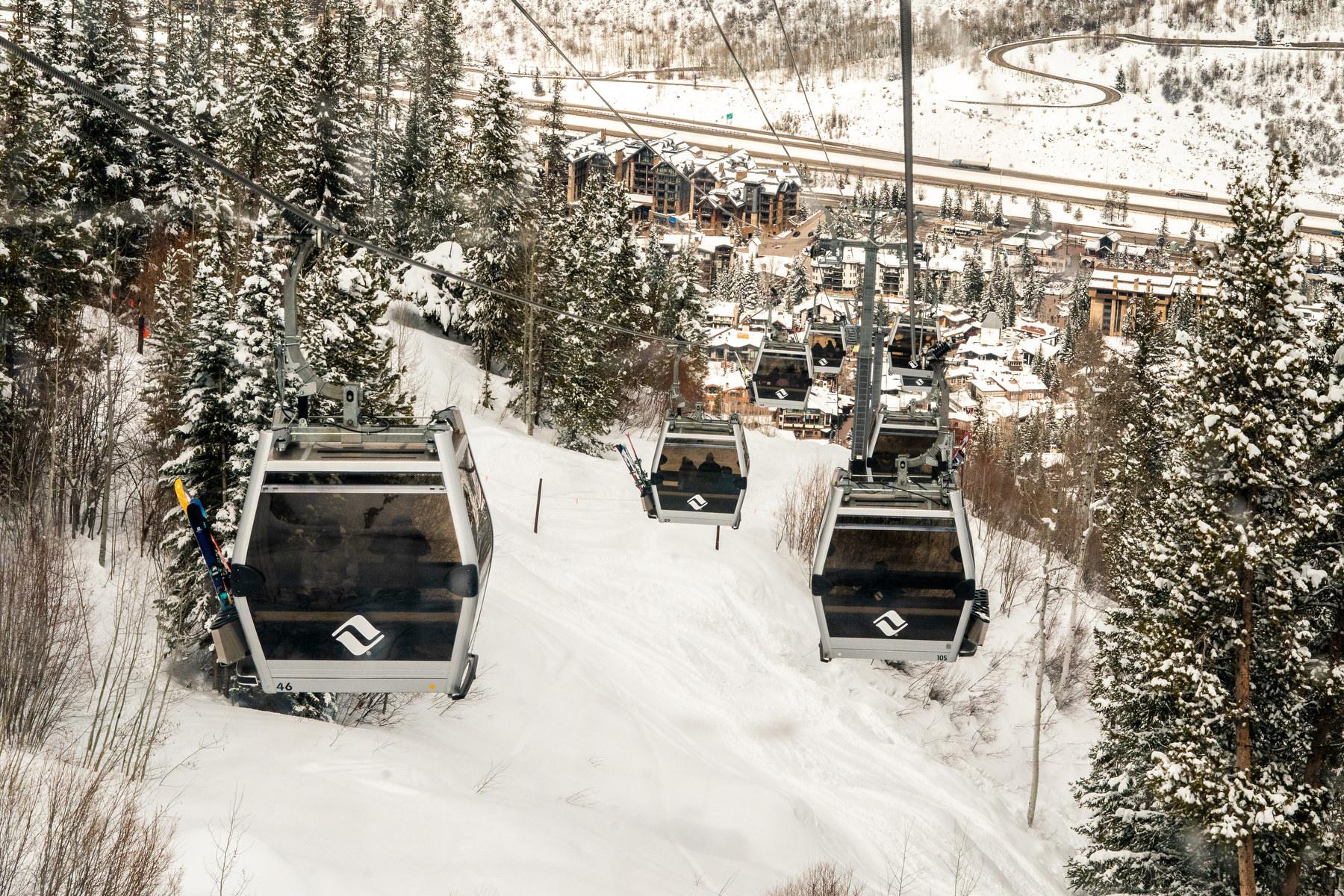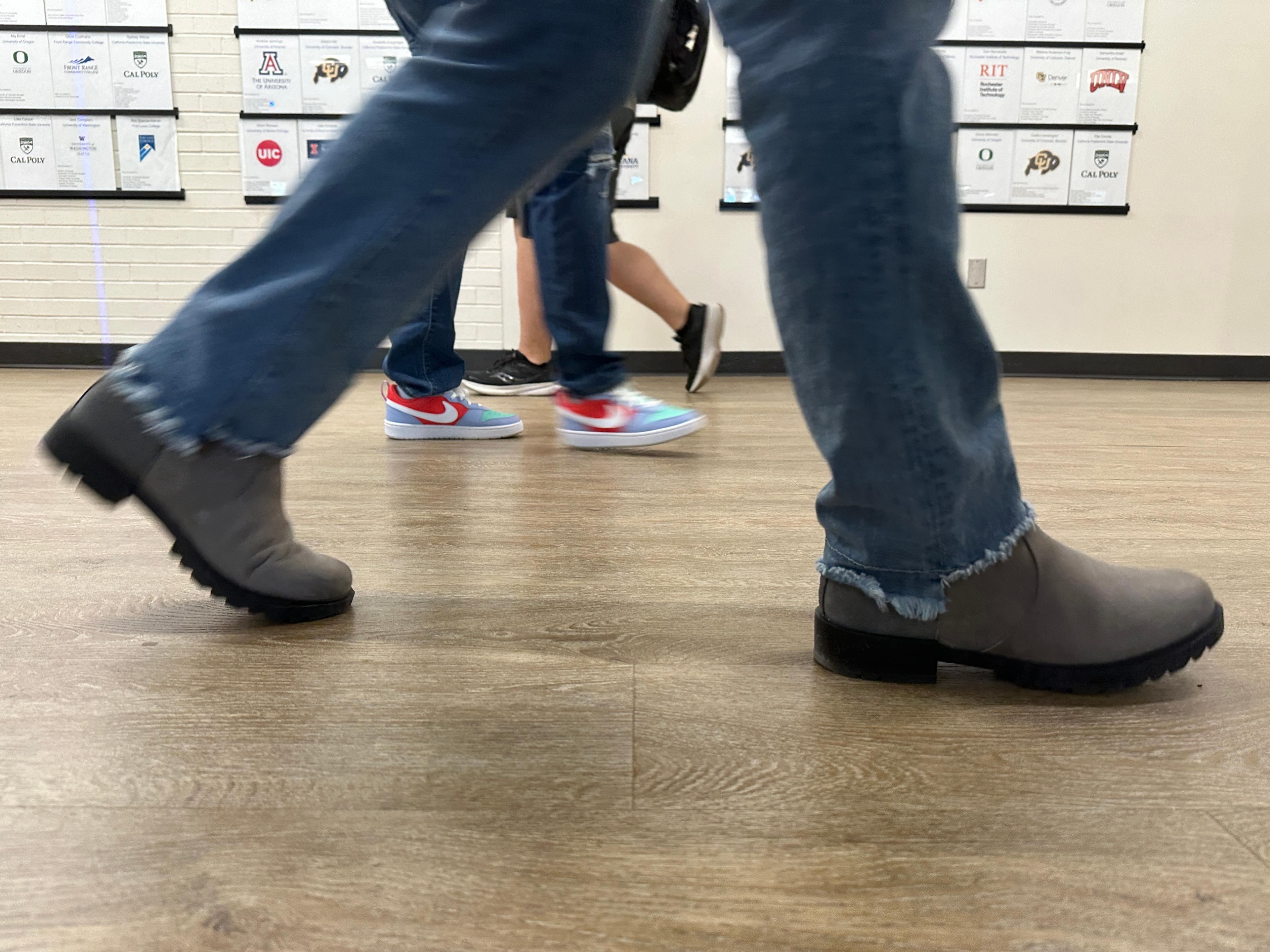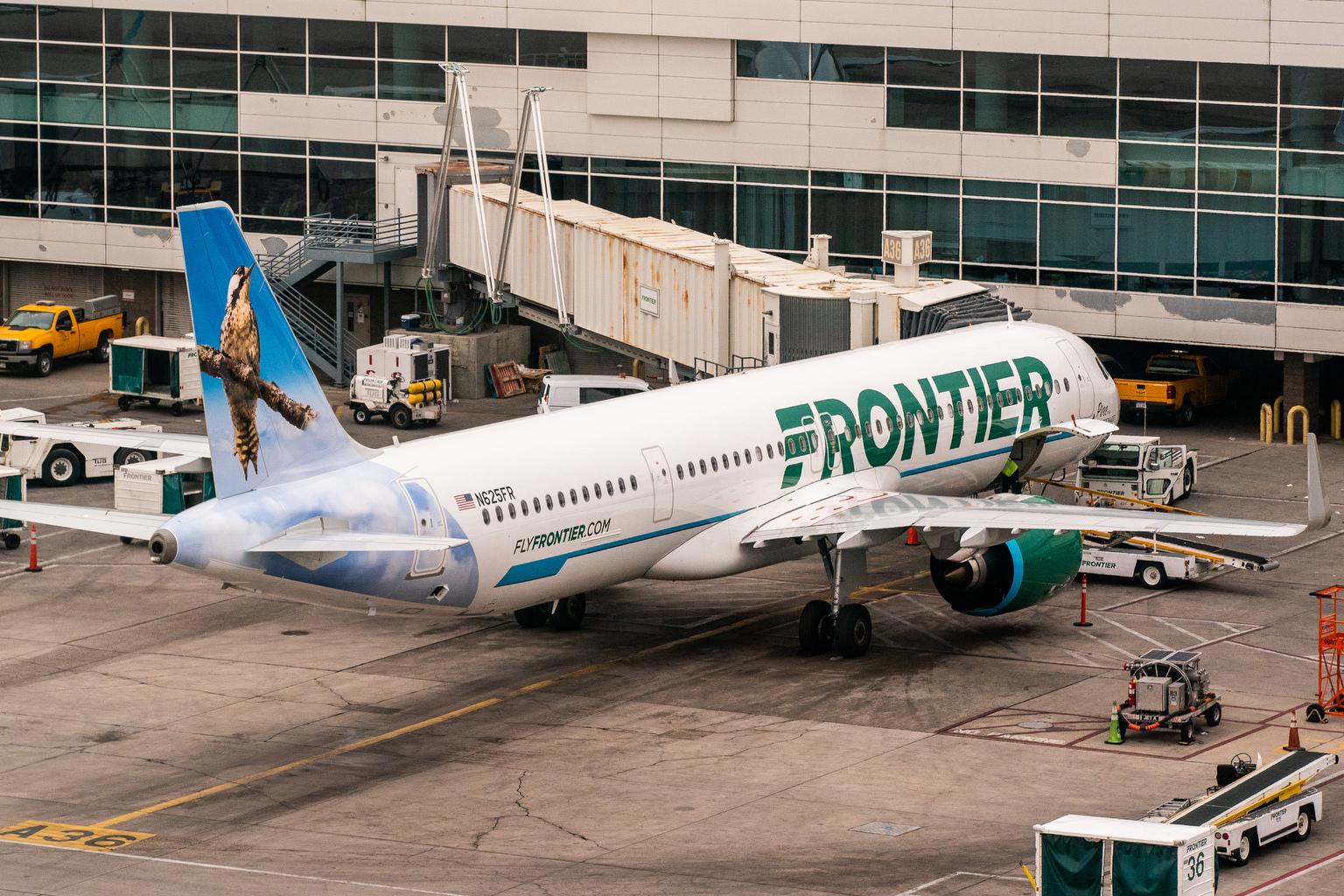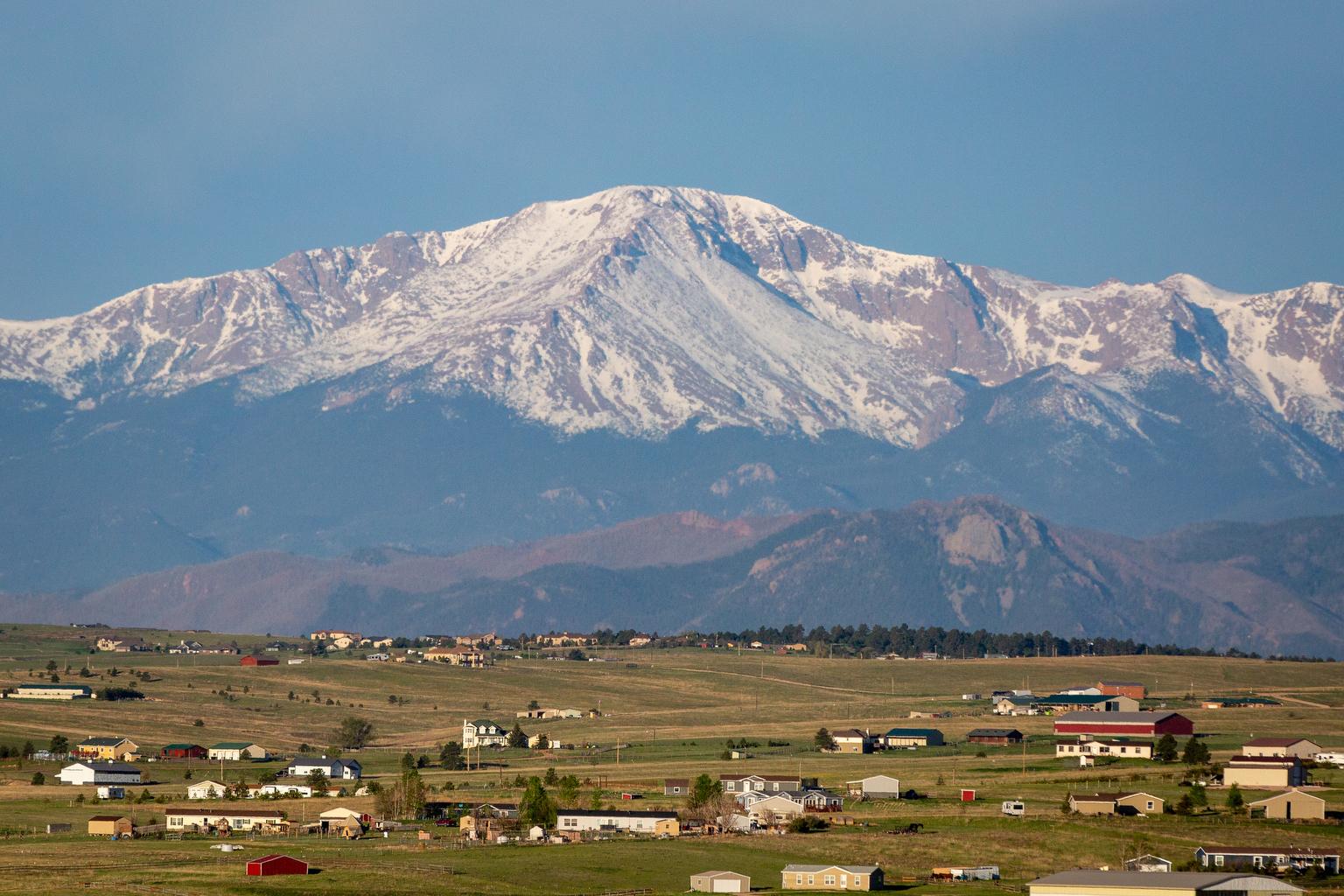
Vail Resorts is having a rough time on Wall Street.
Shares of the Broomfield-based resort giant, whose Colorado holdings include Breckenridge, Keystone, Vail, Beaver Creek and Crested Butte, are down 30 percent from this year’s high in February. Investors started souring on the company in April. Shares took a nosedive last week after Vail reduced its revenue forecast because lift ticket sales fell short.
The company blamed the poor performance in part on a lack of snow. Snowfall this winter was down about 28 percent across its properties in the western U.S. compared to the previous year, Vail said in an earnings statement. Worldwide lift ticket sales were down 17 percent for the full year, while total skier visits fell 7.7 percent.
“We believe [the decline] was driven by a combination of unfavorable conditions and broader industry normalization post-COVID following record visitation in the U.S. during the 2022/2023 ski season,” the statement said.
The early data suggests that next season might be slow, too. Sales of Vail’s Epic Pass for next winter are 5 percent lower than they were at this time last year. Revenue from pass sales is still eking out a gain over last year because prices went up 8 percent.
Ski season at resorts throughout Colorado got off to a slow start last winter due to a lack of snow. Things got better in the spring with a series of big storms. But the late-season bump wasn’t enough to make up for the lackluster beginning.
Visitation across Colorado’s ski resorts was down 5 percent this past winter, according to Colorado Ski Country USA, a trade group that represents 21 resorts.









